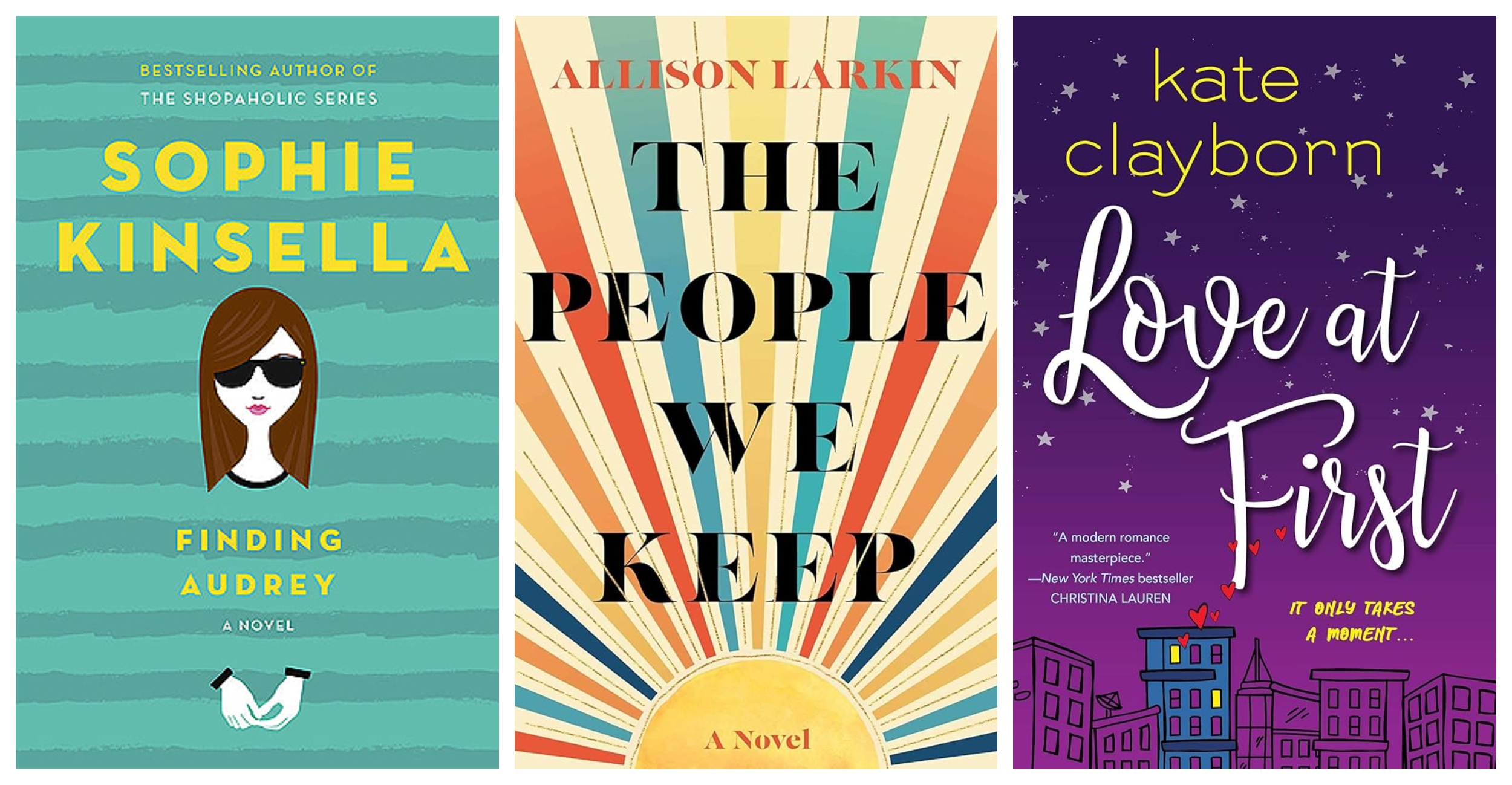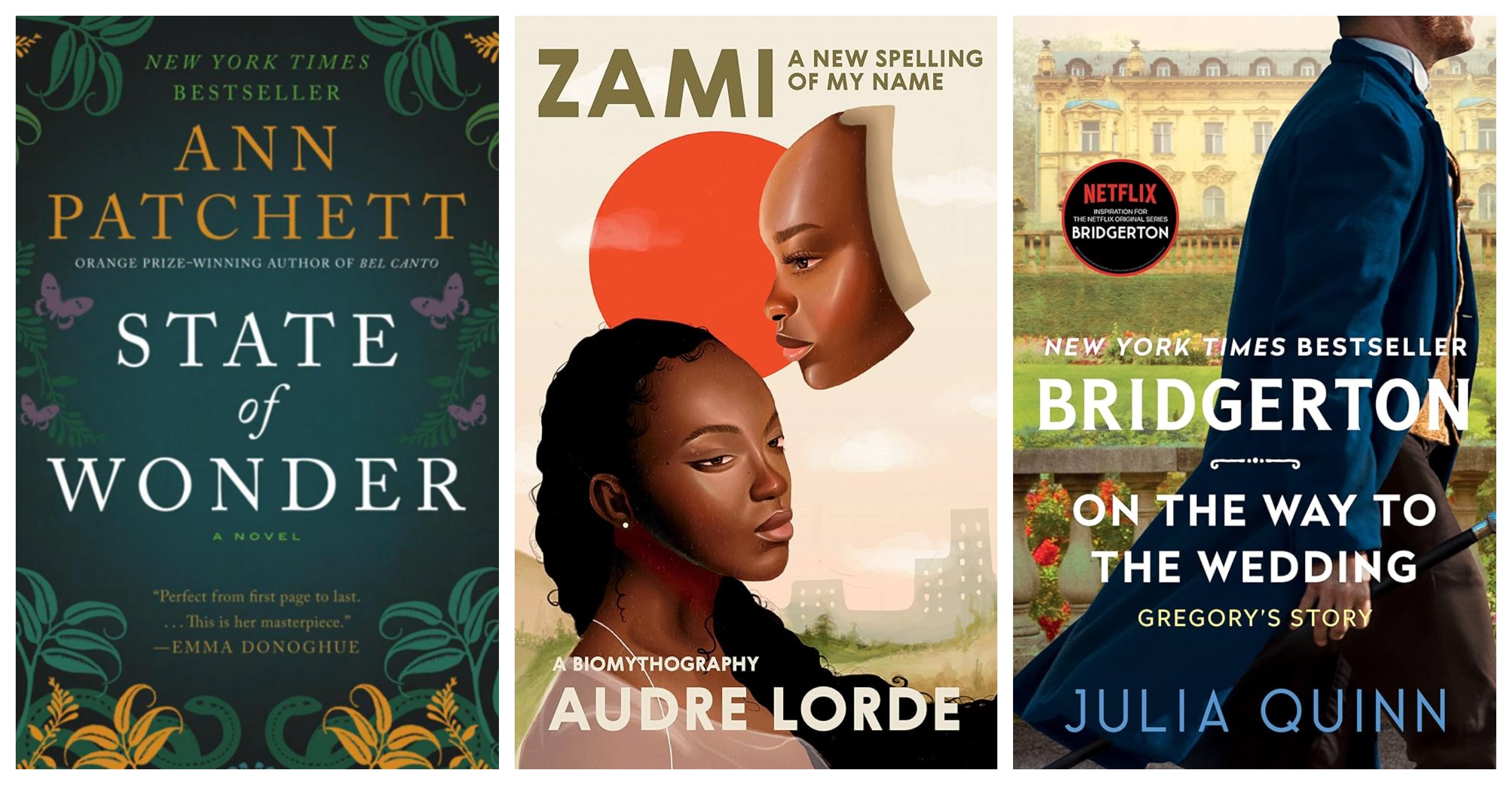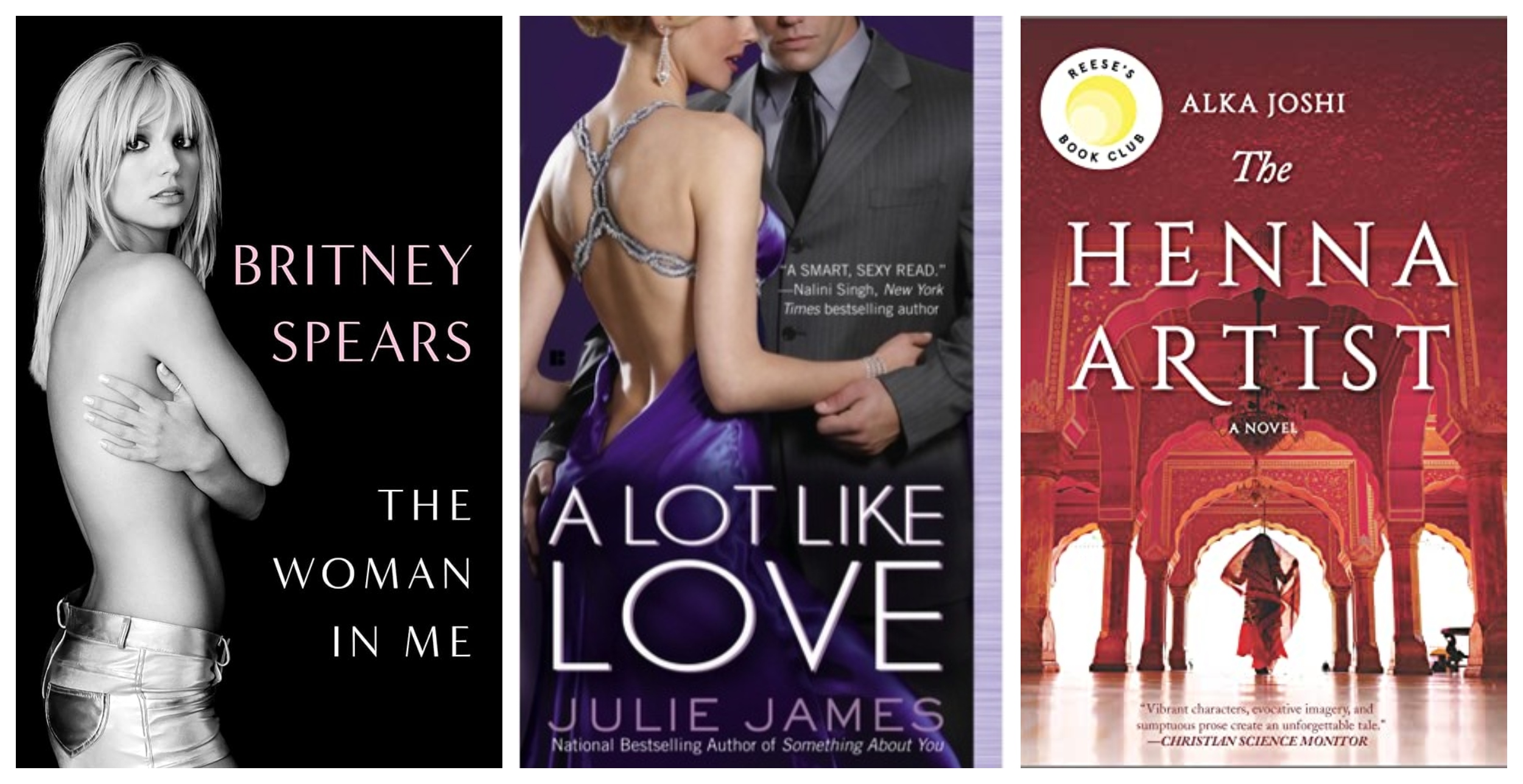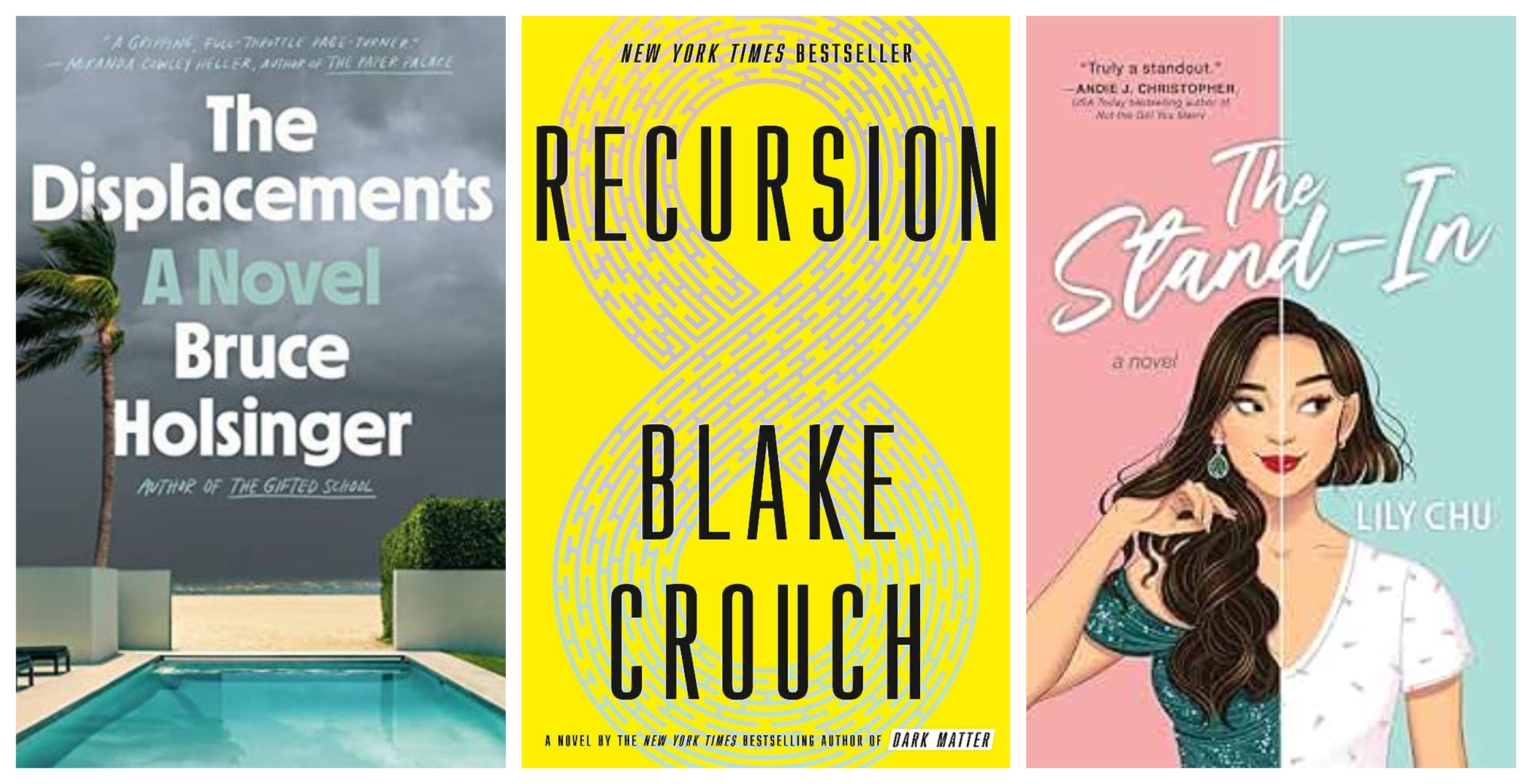Kill Show by Daniel Sweren-Becker (★★★☆☆)
Print • Owned (Amazon) • Fiction • 2023
Short synopsis: Sara Parcell disappeared without a trace on a crisp April morning in Frederick, Maryland. Her tragic story was a national obsession and the centerpiece of a controversial television docu-series that followed her disappearance in real time–but is it possible that everyone missed the biggest secret of all? Ten years after these events, the people who knew Sara best are finally ready to talk.
This book has been getting a ton of buzz lately, and I thought for sure it was going to live up to the high expectations I had for it. Unfortunately, I finished the book feeling rather let down by the novel. The book is told as an oral history, which is a format I usually like, but I don’t think it worked well for a novel like this. For one, it meant revealing key plot points upfront (like what actually happened to Sara). There was a huge reveal even in the character bible on the first page! I think this book would have worked much better as a traditional novel with just a few points of view, perhaps Sara’s father, the producer of the docu-series, and one of the neighbors or friends. Then, things could have been revealed in a more organic way that would have made the novel feel more exciting. I appreciated what the author tried to do here, but it just didn’t work for me.
Drunk on Love by Jasmine Guillory (★★★★☆)
Print • Owned (gifted) • Contemporary Romance • 2022
Short synopsis: Margot just had the best night of her life: She picked up a sexy stranger at her local bar and had a night of mind-blowing sex. And then she finds out that the guy she just had sex with is her new employee, Luke. She’s determined to keep things professional, but the chemistry between them is sizzling and it’s hard to keep her hands to herself.
Jasmine Guillory isn’t an author that works for me, but I was given this book in a book swap so I decided to give it a try. And it was actually pretty good! Better than some of the other books I’ve read from her, but it’s still not at the level that I want my romances to be at. For example, the phrase “burst out laughing” was used approximately 1,000 times. And it was still way too long (nearly 400 pages). She needs a better editor. (There was one scene in the book where Margot hears a knock at her door and we all know it is Luke, but Margot spends two paragraphs contemplating who it could be. We don’t need all of that!) All that aside, this romance was pretty fun and I really enjoyed the banter between Margot and Luke. They had such a sweetness to their relationship and I love the way they communicated. It’s not a romance that will blow your socks off, but it’s a good way to pass the time.
The Thursday Murder Club by Richard Osman (★★★☆☆)
Print • Owned (Barnes & Noble) • Mystery • 2020
Short synopsis: In a peaceful retirement village, four unlikely friends meet up once a week to investigate unsolved murders. But when a brutal killing takes place on their very doorstep, the Thursday Murder Club find themselves in the middle of their first live case.
I had high hopes for this novel, and I can’t say that this novel lived up to them. While I enjoyed the banter between the four retirees and thought the premise was clever, there was just something missing. Perhaps it was the array of characters that were introduced and it was hard to keep them all straight and figure out if they were important enough to the story to remember. Maybe it was the convoluted way the killer was revealed that had me rereading pages to make sure I understood it all. I may try the second book on audio (although I worry I’ll be even more lost with all the characters in that format!), but alas, this book was a bit of a lackluster read for me.
What are you reading?




